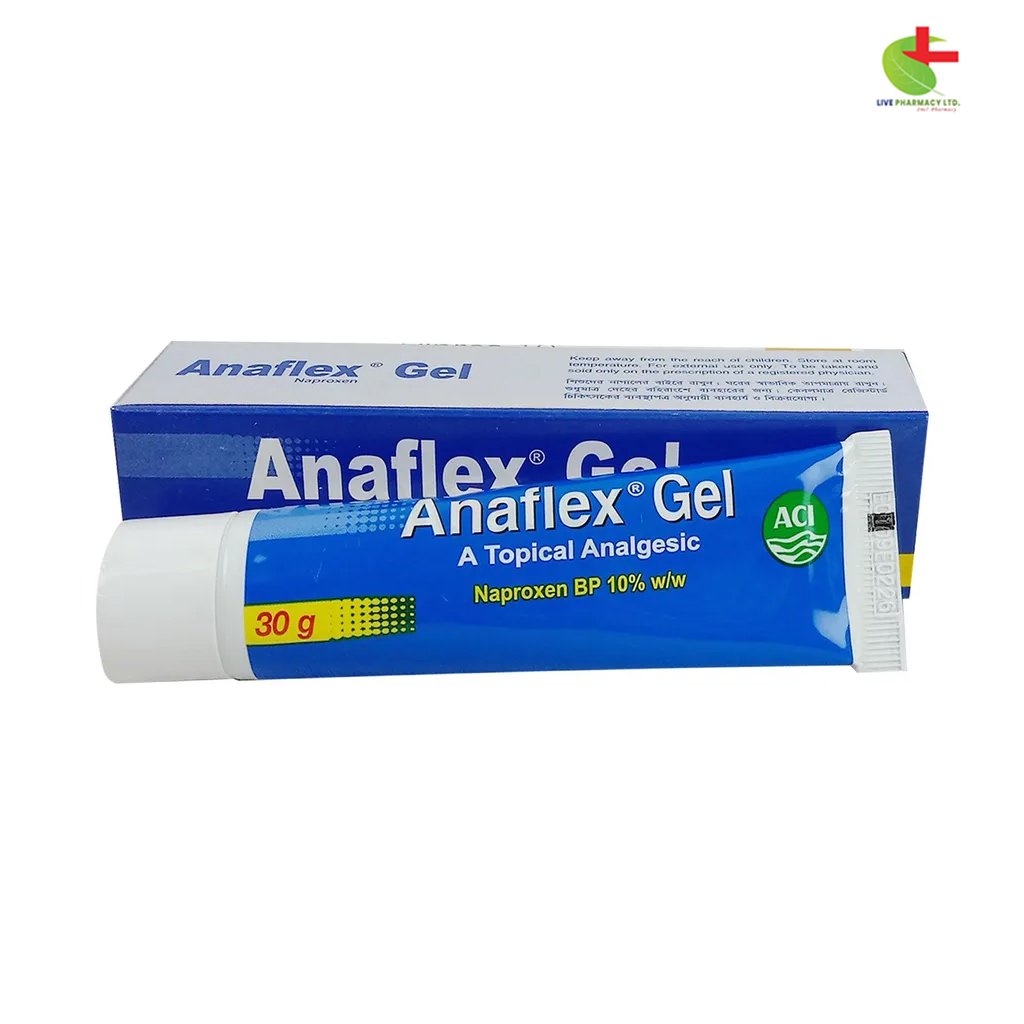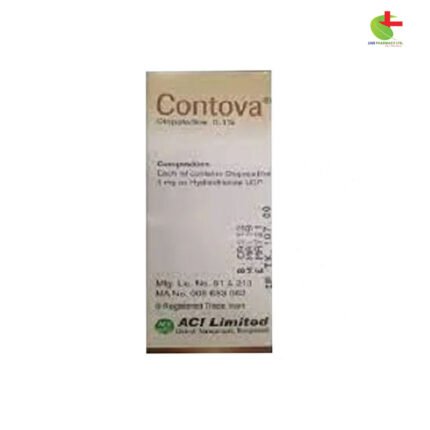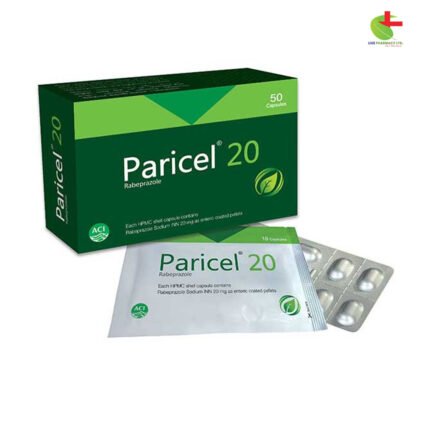Anaflex Gel
116.35৳ Tube (30gm)
- Anaflex is an NSAID indicated for the relief of pain and inflammation in conditions like rheumatoid arthritis, osteoarthritis, acute gout, and dysmenorrhea.
- It works by inhibiting COX enzymes, reducing pain, fever, and inflammation.
- Available in oral tablets, suspension for children, and a topical gel for external application.
- Always use under the guidance of a registered healthcare professional.
 Brand
Brand
|
ACI Limited |
|---|---|
 Generics
Generics
|
Naproxen Sodium |
 Type
Type
|
Gel |
Indications
Anaflex is indicated for the management and relief of symptoms in the following conditions:
- Rheumatoid arthritis
- Osteoarthritis
- Ankylosing spondylitis
- Juvenile arthritis
- Tendonitis
- Bursitis
- Acute gout
Additionally, Anaflex is effective for the management of primary dysmenorrhea and general pain relief.
Please consult a registered healthcare professional before use.
Pharmacology
Naproxen, the active ingredient in Anaflex, is a non-selective NSAID that works by inhibiting the COX-1 and COX-2 enzymes. COX-1 is present in normal tissues such as the stomach lining, whereas COX-2 is induced during inflammation, pain, and fever. Inhibition of COX-2 is responsible for the drug’s pain-relieving, fever-reducing, and anti-inflammatory effects. However, COX-1 inhibition can lead to gastrointestinal discomfort and renal side effects.
Dosage & Administration
Naproxen Oral Preparations:
- Naproxen Enteric-Coated Tablets (Adults):
- Rheumatoid arthritis, osteoarthritis, ankylosing spondylitis: Start with 500–1000 mg daily in two divided doses. The maintenance dose is typically 500 mg/day, divided into two doses. Do not exceed 1000 mg daily.
- Acute gout: Initially, 750 mg, followed by 250 mg every 8 hours until the attack resolves.
- Dysmenorrhea: Start with 500 mg, followed by 250 mg every 6–8 hours for up to 5 days.
- Other conditions (analgesia, acute musculoskeletal pain): Begin with 500 mg, then take 250 mg every 6–8 hours if needed.
- Naproxen Suspension (Children over 2 years):
- Juvenile rheumatoid arthritis: The recommended dose is 10 mg/kg/day, divided into two doses every 12 hours. Not recommended for children under 2 years.
- Dosage guide:
- 13 kg (29 lb) – 2.5 mL twice daily
- 25 kg (55 lb) – 5 mL twice daily
- 38 kg (84 lb) – 7.5 mL twice daily
- Naproxen Gel (Adults):
- Apply 2–6 times a day as needed. Not suitable for children.
Always follow your doctor’s advice before use.
Drug Interactions
- ACE inhibitors: May reduce the antihypertensive effect.
- Antacids & Sucralfate: Delay absorption of Anaflex.
- Aspirin: May increase the risk of adverse effects.
- Diuretics: Reduce the natriuretic effect of furosemide and thiazides.
- Methotrexate: Can enhance methotrexate toxicity.
- Warfarin: Increases the risk of gastrointestinal bleeding.
- Selective Serotonin Reuptake Inhibitors (SSRIs): Increase the risk of gastrointestinal bleeding.
Contraindications
Anaflex is contraindicated in individuals with a known hypersensitivity to naproxen or other NSAIDs. It should not be used by patients with asthma, urticaria, or allergic reactions to aspirin or other NSAIDs. Avoid use in perioperative pain management for coronary artery bypass graft (CABG) surgery.
Side Effects
Common side effects may include:
- Gastrointestinal: Heartburn, abdominal pain, nausea, diarrhea, dyspepsia.
- Central Nervous System: Headache, dizziness, drowsiness.
- Dermatological: Itching, purpura.
- Cardiovascular: Edema, palpitations.
- Others: Visual disturbances, hearing issues.
Pregnancy & Lactation
Naproxen has the potential to affect fetal development. It may cause premature closure of the ductus arteriosus and pulmonary hypertension in infants. Use during the first and third trimesters requires careful consideration of the benefits and risks. Naproxen is excreted in breast milk in small amounts, and although considered safe by some authorities, breastfeeding may be advised against during treatment.
Precautions & Warnings
- Renal Effects: Long-term use may lead to kidney damage, including interstitial nephritis and nephrotic syndrome. Use with caution in patients with impaired renal function and monitor renal function closely.
- Hepatic Effects: Reports of moderate to severe jaundice linked to Naproxen have been noted.
Therapeutic Class
Non-steroidal anti-inflammatory drugs (NSAIDs) for the treatment of osteoarthritis, rheumatoid arthritis, and musculoskeletal pain.
Storage Conditions
Store below 30°C, protected from light and moisture. Keep out of reach of children.













Reviews
There are no reviews yet.